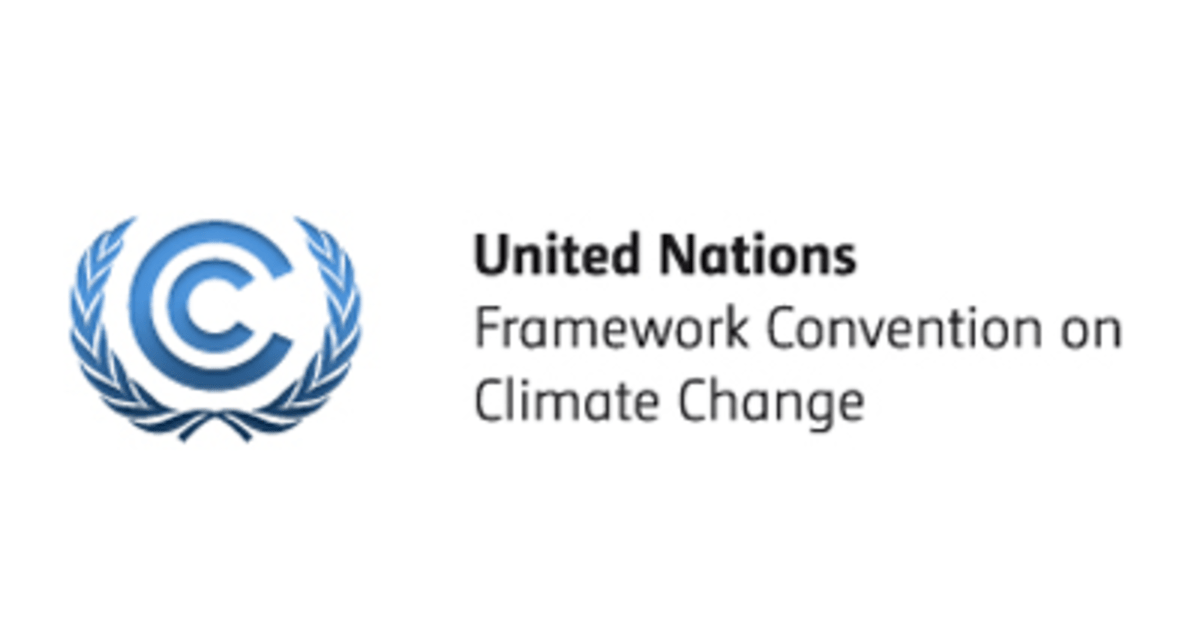COP 1 – United Nations Framework Convention on Climate Change
The first Conference of the Parties (COP 1) refers to the inaugural meeting of the Conference of the Parties to the United Nations Framework Convention on Climate Change (UNFCCC). COP 1 took place in Berlin, Germany, from March 28 to April 7, 1995.Key Outcomes and Discussions from COP 1:
- Adoption of the Berlin Mandate: One of the primary outcomes of COP 1 was the adoption of the “Berlin Mandate,” which set the stage for negotiations on legally binding emission reduction targets for developed countries. It established a two-track negotiation process that would later lead to the Kyoto Protocol.
- Establishment of Subsidiary Bodies: COP 1 established two subsidiary bodies: the Subsidiary Body for Scientific and Technological Advice (SBSTA) and the Subsidiary Body for Implementation (SBI). These bodies provide technical and administrative support for the UNFCCC process.
- Launch of the Global Environment Facility (GEF): The GEF, which provides financial assistance to support projects and programs that address global environmental issues, was launched during COP 1. It plays a crucial role in funding climate change mitigation and adaptation projects.
- Discussion on Adaptation: COP 1 included discussions on the need for adaptation to the impacts of climate change, particularly for vulnerable developing countries. This laid the groundwork for future discussions on adaptation within the UNFCCC framework.




